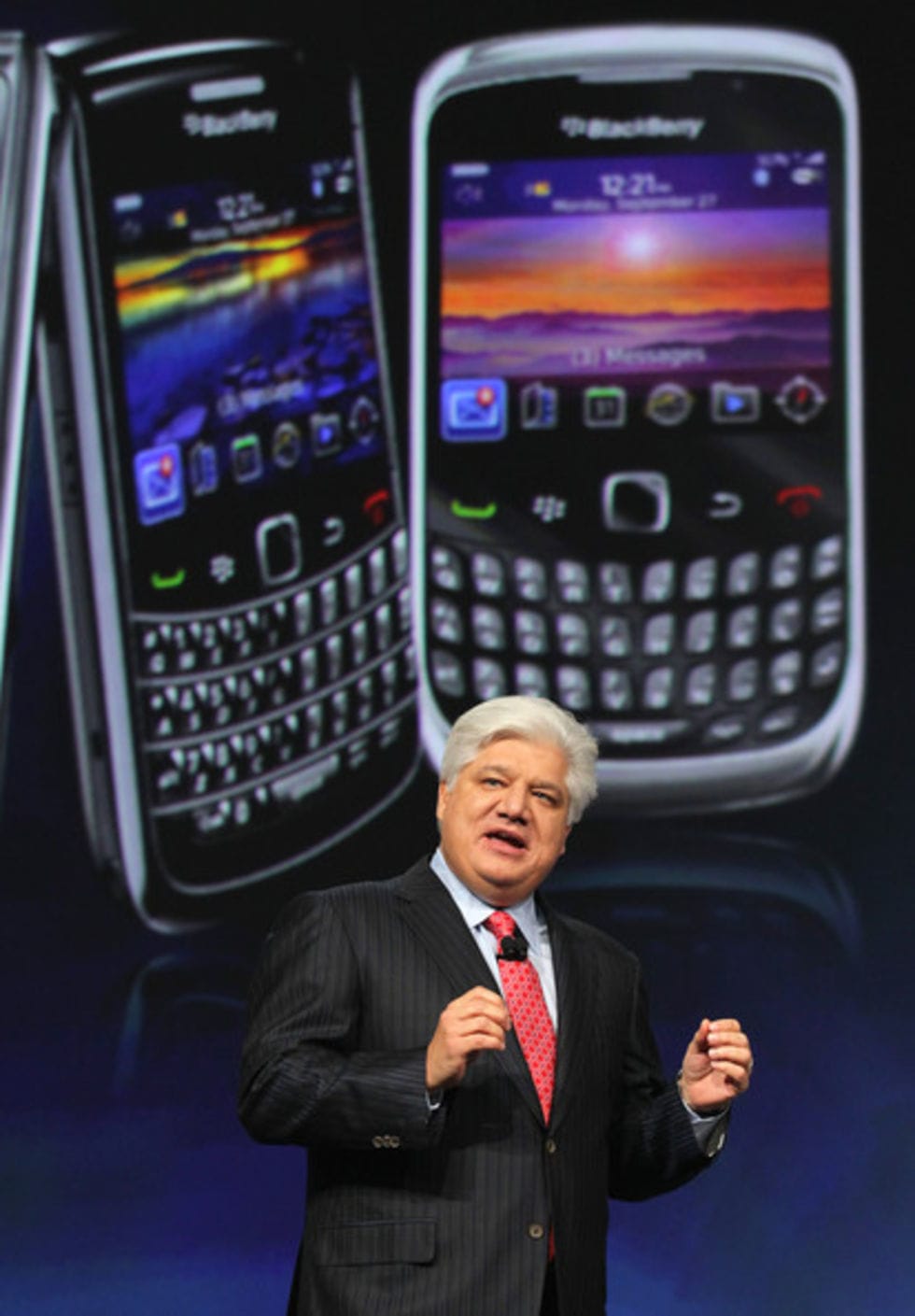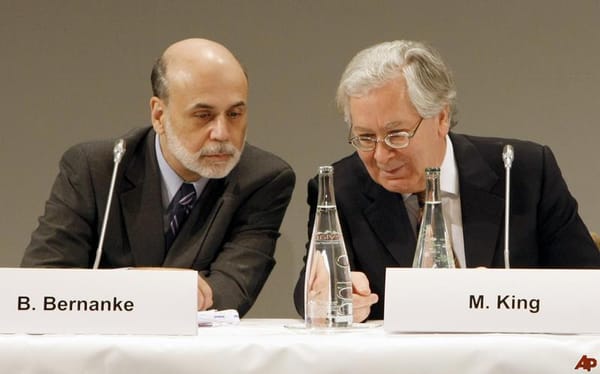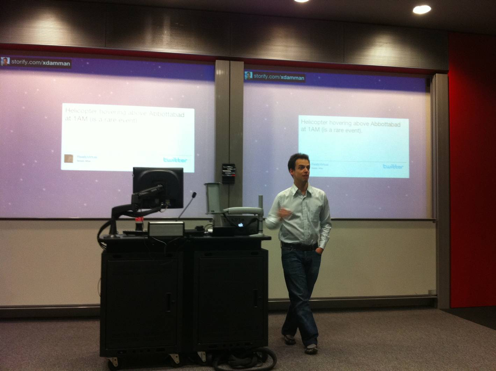BlackBerry’s Outage and its Aftermath
The Imperial Entrepreneurs report on the service failure that failed BlackBerry users, and its impact on both companies and the markets

During the evening of Monday October 10 you were possibly one of the frustrated Imperial students that couldn’t get their BBM working. That was the day on which all BlackBerry devices lost their email and BlackBerry Messenger services. Some devices lost internet access as well, leaving many bewildered students unable to update their Facebook statuses or tweet any random thoughts. The situation stretched on, and became much more irritating when on early Tuesday morning these student BlackBerry users had no means to entertain themselves during lectures. Later that day there was an announcement by RIM stating that the issue had been resolved. This probably brought hope to those who had been yearning to have their fully functional smartphones back, however, right after that announcement the delays and outages spread worldwide. These outages would end one day later with all services being restored, but leaving many displeased users all across the world.
While the outage may have been annoying for students, it has had a large and relevant impact in many businesses, considering the large number of companies that rely on these phones to enable communication and email management amongst their employees. As much as this outage has negatively affected many people, right now there is probably no one as worried than Jim Balsillie and Mike Lazaridis, co-CEOs of RIM.
These two probably lost a lot of sleep during the past few weeks, worried with thoughts that their company is going continuously downhill, making it easier for their primary competitors (i.e. Apple and Android smartphones) to take over their niche. The year 2011 has certainly not been a good one for RIM, but BlackBerry’s decline had started much earlier. At one time, BlackBerry devices were the clear industry leaders, but ever since Apple launched the iPhone in 2007 the company has struggled to retain its market share, something that became even more evident with the release of the iPhone 4 last year. Everyone at RIM headquarters was probably hoping for 2011 to be the year they bounced back, with some new ideas in mind that could help turn the situation around. However they now find themselves in an even worse situation, caused by a combination of bad decisions and even worse luck.
Their first and biggest hope, the launch of their new tablet device, turned out to be a great failure. The PlayBook lacked the software and the functionality that most people expected, and was certainly not enough to compete against the iPad. RIM has already admitted that prices for the tablet will have to be slashed as an attempt to save the situation, since right now the device is barely selling at all.
Since Apple launched the iPhone in 2007 [BlackBerry] has struggled to retain its market share
This was the first piece of bad news that RIM got in 2011. The company was surrounded by bad publicity after the London riots that took place during the summer, in which the BBM service was used by the rioters as one of the main means to communicate. On top of this, a sharp reduction in profit and sales was announced about a month ago, which had a significant impact on the value of RIM shares. And now comes the outage, questioning the reliability of BlackBerry devices, something that had helped them build their reputation in the past few years.
Even though this hasn’t been the first BlackBerry outage, it will probably have greater consequences than any of the previous ones, and this is because of its timing. Regarding the interests of the company, there could have not been a worse moment for BlackBerry services to go down. The recently released iPhone 4S and the new Apple operative system iOS 5 present themselves as an alternative for all BlackBerry users affected by the outage.
There have already been direct revenue consequences due to compensations. RIM charges wireless carriers a monthly fee based on the number of BlackBerry users. Many analysts agree that some of those fees will have to be given back, and losses in the value of RIM shares are predicted. These short-term problems should not be the main concern around the company headquarters however; the outage has irritated many users, who are particularly displeased with how RIM has handled the situation. There was a continuous lack of information throughout the outage, and when RIM finally released an announcement saying that the problem had been fixed the situation only became worse. This has undermined BlackBerry’s reliability and the company’s credibility, and will make users are more and more tempted to switch to competing devices.
One of the main niche markets that BlackBerry could lose is large companies using BlackBerry Enterprise Service (BES), a feature that allows easy management of large fleets of smartphones. Some companies are no longer satisfied with BlackBerry and are starting to consider the advantages that other companies provide. An example of this is DLA Piper, a law firm that is accelerating discussions about switching to iPhones and Android devices. As for the rest of the users, BlackBerry no longer presents the unique features that once made them so popular. The new iOS now includes iMessage, a service that allows all Apple devices to communicate. In other words, a clear and direct competitor for BBM.
There is only one hope left for RIM. They now rely on the shift to a new operating system (QNX), first used in their PlayBook. Right now, a successful transition is the only thing that can help them close the gap on Android and Apple OS. Let us hope that the company starts experiencing better luck in the future, otherwise we could be witnessing the fall of what once was an empire.
Remember! If you are interested in entrepreneurship, starting your own company, the technology sector, or just want to listen to some very inspiring speakers, come to the talks organized by Imperial Entrepreneurs! Sign up for the mailing list at:









